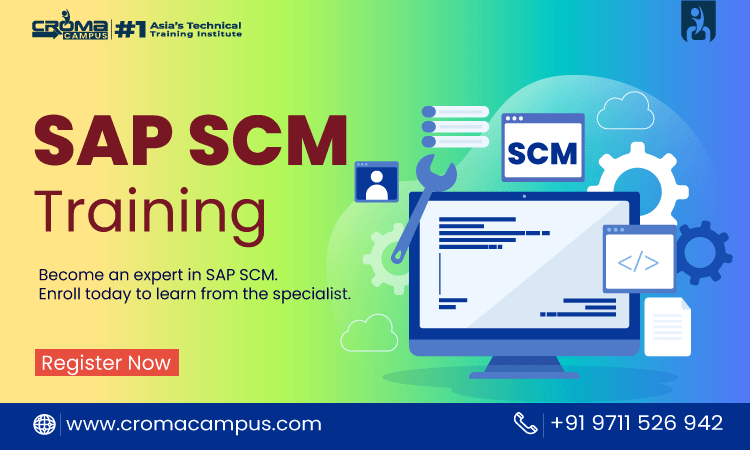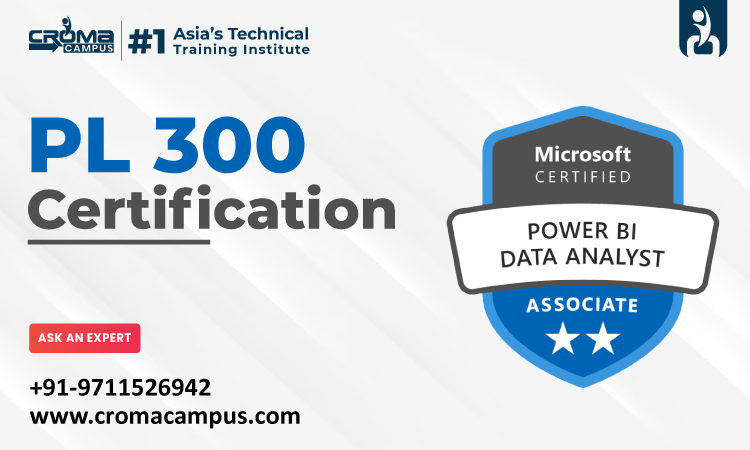In today’s fast-paced business environment, having a robust understanding of supply chain management and logistics is essential for staying competitive. SAP modules are powerful tools that can help professionals streamline operations, improve efficiency, and enhance decision-making processes.
If you’re a beginner looking to dive into the world of SAP for supply chain management, this guide will walk you through the essentials and highlight why investing in an SAP Supply Chain Management Course and SCM Certification can be a game-changer for your career.
Understanding SAP and Its Importance
SAP, which stands for Systems, Applications, and Products in Data Processing, is a leading enterprise resource planning (ERP) software. It integrates various business functions, allowing organizations to manage their processes efficiently and effectively. For supply chain management and logistics professionals, SAP provides specialized modules that address the unique challenges of managing supply chains and logistics operations.
Key SAP Modules for Supply Chain Management
1. SAP MM (Materials Management): This module focuses on the procurement and inventory management aspects of supply chain management. It helps professionals handle purchasing, inventory levels, and material requirements planning. By mastering SAP MM, you can ensure that your organization has the right materials at the right time, minimizing delays and stockouts.
2. SAP SD (Sales and Distribution): SAP SD handles the entire sales process, from order creation to delivery. For logistics professionals, this module is crucial as it manages the movement of goods, ensuring timely and accurate deliveries. Understanding SAP SD enables you to streamline sales operations and improve customer satisfaction.
3. SAP PP (Production Planning): This module integrates with other SAP modules to manage manufacturing processes. It covers everything from production scheduling to capacity planning. By learning SAP PP, you can optimize production workflows, reduce bottlenecks, and ensure efficient use of resources.
4. SAP WM (Warehouse Management): Efficient warehouse management is vital for smooth logistics operations. SAP WM helps in managing warehouse activities such as inventory tracking, picking, and packing. Mastering this module ensures that you can maintain accurate inventory records and enhance warehouse efficiency.
5. SAP EWM (Extended Warehouse Management): For more complex warehouse operations, SAP EWM provides advanced features. It offers improved flexibility and control over warehouse processes, making it ideal for large-scale logistics operations. By gaining proficiency in SAP EWM, you can manage high-volume warehouses with ease.
Benefits of SAP SCMCourse
Enrolling in an SAP SCM is a strategic investment in your professional development. Here are some key benefits:
1. Comprehensive Knowledge: The course covers all essential SAP modules relevant to supply chain management, providing you with a holistic understanding of the entire process.
2. Hands-On Experience: Most SAP courses include practical exercises and real-world simulations, allowing you to apply your knowledge in a controlled environment. This hands-on experience is invaluable for mastering the software.
3. Career Advancement: SAP skills are in high demand across industries. Completing an SAP Supply Chain Management Course can open doors to lucrative job opportunities and career advancement.
4. Competitive Edge: With an SCM Certification, you can differentiate yourself from other professionals in the field. Employers value certified individuals who have demonstrated their expertise and commitment to continuous learning.
Why SCM Certification Matters
Obtaining an SAP SCM Certification is a mark of excellence in the supply chain management field. Here’s why it matters:
1. Industry Recognition: SCM Certification is globally recognized and respected by employers. It validates your skills and knowledge, making you a preferred candidate for top positions.
2. Enhanced Credibility: Certification adds credibility to your resume and professional profile. It shows that you have undergone rigorous training and assessment, ensuring your proficiency in SAP modules.
3. Networking Opportunities: Certified professionals often have access to exclusive SAP communities and networks. These platforms provide opportunities for knowledge sharing, networking, and staying updated with industry trends.
4. Personal Satisfaction: Achieving certification is a significant milestone. It demonstrates your dedication to personal and professional growth, boosting your confidence and motivation.
Conclusion
For supply chain management and logistics professionals, understanding and leveraging SAP modules is crucial for career success. By enrolling in an SAP Supply Chain Management Course and obtaining SCM Certification, you can gain comprehensive knowledge, practical experience, and industry recognition.
These credentials not only enhance your professional profile but also open doors to exciting job opportunities and career advancement. Start your journey today and elevate your skills to become a proficient SAP professional in the dynamic world of supply chain management and logistics.




